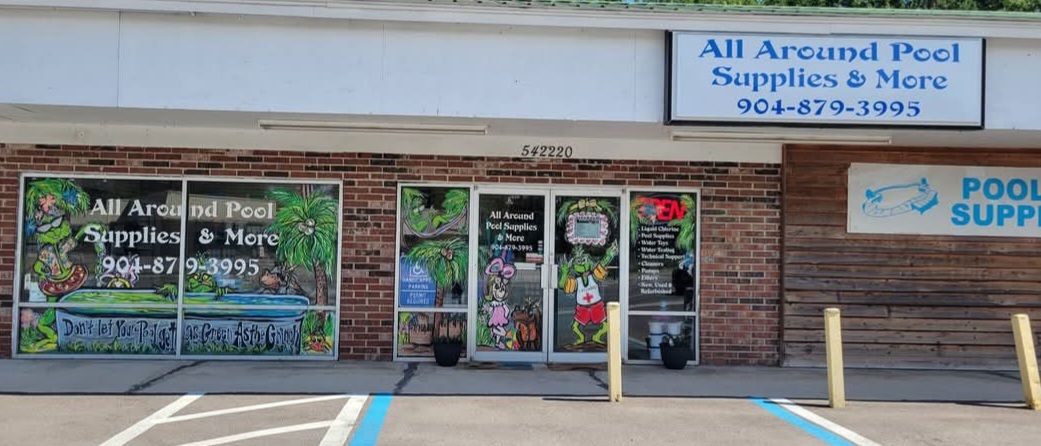
The Ultimate Guide to Perfect Pool Water Chemistry Nov 02, 2025
Balanced pool water ensures that your swimming session is not only refreshing but also safe from harmful bacteria. The first step towards achieving this is understanding the key components of water chemistry: pH, chlorine levels, total alkalinity, and calcium hardness. Each of these elements plays a crucial role in maintaining a healthy pool.
Start with balancing the pH levels of your pool water. The ideal pH level ranges from 7.2 to 7.8. If the pH is too low, the water becomes acidic, causing skin irritations and damaging pool equipment. Conversely, a high pH level makes chlorine less effective and creates cloudy water. Regular testing and adjustments help keep your pH within the ideal range. Testing kits, available at All Around Pool Supplies & More, provide accurate readings to help you manage this.
Chlorine is next on the list, crucial for sanitation as it kills bacteria and controls algae. Aim to maintain free chlorine levels between 1 to 3 parts per million (ppm). This ensures the water remains clean and safe for swimmers. Keep an eye out for 'chlorine demand,' which can be influenced by several factors like sunlight, storms, and heavy pool usage. Super-chlorination or shock treatments are effective ways to handle high demand and keep the levels balanced.
Total alkalinity is another critical aspect that supports pH stability. It buffers the water, preventing drastic changes in pH. Keep alkalinity levels between 80 to 120 ppm to ensure pH remains stable over time. Use sodium bicarbonate to raise alkalinity or muriatic acid to lower it, depending on your test results. Consistent monitoring and adjusting alkalinity prevent common issues like pH bounce, making pool maintenance smoother.
Calcium hardness refers to the concentration of calcium in your pool water. A low level can cause the water to become corrosive, damaging the pool surface and equipment, while a high level leads to cloudy water and scaling. The ideal range is between 200 to 400 ppm. Use calcium increasers or diluting the water with softer sources if you notice a significant imbalance.
Finally, regular testing is your pool's best friend. Test your pool water at least once a week, more often during peak swimming seasons or after heavy usage and rain. Having a reliable test kit from All Around Pool Supplies & More ensures you’re getting accurate results every time. Also, remember to clean your filters regularly and maintain proper circulation to support your efforts in achieving perfect pool water chemistry.
In conclusion, maintaining perfect pool water chemistry doesn't have to be a daunting task. With a focus on the main components, consistent testing, and timely adjustments, you can keep your pool inviting and safe. At All Around Pool Supplies & More, we're here to support your journey with top-quality products and expert advice. Dive into a season of clear, clean, and balanced swimming, confident in your ability to manage your pool's chemistry. Your path to pool perfection begins with informed care and ongoing maintenance.
/filters:no_upscale()/media/e92c1901-9da8-450f-b151-53d6a6c56b5f.jpeg)
/filters:no_upscale()/filters:format(webp)/media/dde86352-51a8-4db0-8b21-fe4dd24bb8f3.jpeg)